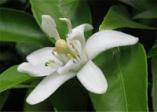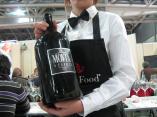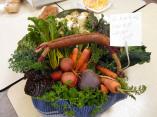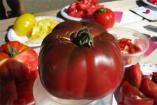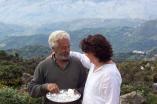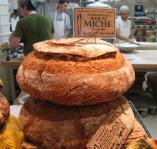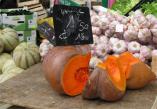Some things dredged from my inbox.
My visit to Edmonton coincided, sadly without personal coincidence, with a visit by Michael Pollan. Elmarie kindly sent this interview between Pollan and Bill Myers which covers American food poverty and food-health issues the new president needs to address. The article referred to in this interview, An Open Letter to the Farmer in Chief, published in the New York Times back in October, also led to a new blog: the White House Farmer, where they’re trying to encourage the creation of a new post in the new White House.
Meanwhile, Bert sent me this bit of news from Italy, where ethnic eateries (actually non-Italian ‘foreign food’ which would include many fast food joints including one starting with M) have been banned from the Tuscan city of Lucca and are now being given the nudge from other municipalities including Milan. When in Rome, I guess, and that city is certainly plagued with more than its share of McDonalds outlets, including the one that sparked the Slow Food movement.
BBC Food has some seasonal vegetarian and vegan recipes up, in case you’re still rooting through a veg box.
And here’s some food-art Elizabeth sent me, which comments on food sources in a piece called Domestication.
All the ugly facts on the latest avian flu/mass slaughter of poultry in British Columbia are on the CFIA website.
And what sounds like a fabulous talk on a little-discussed fish is coming up, thanks to the Victoria Natural History Society, on Monday, February 23.
MARINE NIGHT: Are Lingcod Too Tasty for Their Own Good?
Lingcod are a common fish in our local waters, easily observed by scuba diving. They are also sought by many fishermen. Following methods developed by the Vancouver Aquarium, local divers have been conducting an annual survey of lingcod spawning in Gowlland Tod Park. Doug Biffard, a long time diver and member of SeaChange Marine Conservation Society, has compiled and summarized six years of spawning observations. The talk will cover aspects of lingcod biology, management, and population trends of the lingcod in Saanich Inlet. 7:30 p.m. Room 159, Fraser Building, University of Victoria. Everyone welcome.
